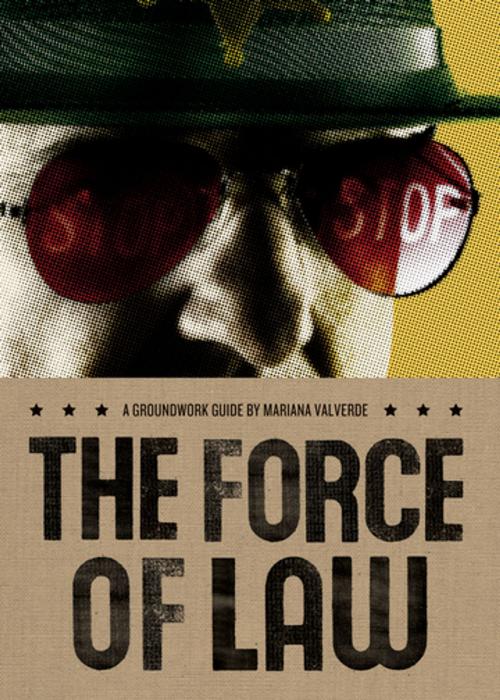| Author: | Mariana Valverde, Jane Springer | ISBN: | 9781554982233 |
| Publisher: | Groundwood Books Ltd | Publication: | May 1, 2010 |
| Imprint: | Groundwood Books | Language: | English |
| Author: | Mariana Valverde, Jane Springer |
| ISBN: | 9781554982233 |
| Publisher: | Groundwood Books Ltd |
| Publication: | May 1, 2010 |
| Imprint: | Groundwood Books |
| Language: | English |
"[The Groundwork Guides] are excellent books, mandatory for school libraries and the increasing body of young people prepared to take ownership of the situations and problems previous generations have left them." -- Globe and Mail
Most of us in liberal democratic countries think that we live under the rule of law. Governments make the rules, we live by them and the police enforce them if we try to break them. The Force of Law critically examines these assumptions.
Award-winning criminologist Mariana Valverde makes clear that while the law is usually regarded as the civilized, non-violent way to deal with harms and conflicts, violence is integral to law. After all, police are authorized to handcuff, manhandle, taser, and even kill people, and courts of law confine people to prison and, in some countries, order that they be put to death. Valverde shows that "proper" law is not always distinguishable from the rules imposed by various bodies of armed men. Worldwide, private security guards often act like police, but they serve their private clients, not the public at large. And publicly paid police officers spend much of their time managing information for other bureaucracies, instead of actually fighting crime or arresting criminals.
"[The Groundwork Guides] are excellent books, mandatory for school libraries and the increasing body of young people prepared to take ownership of the situations and problems previous generations have left them." -- Globe and Mail
Most of us in liberal democratic countries think that we live under the rule of law. Governments make the rules, we live by them and the police enforce them if we try to break them. The Force of Law critically examines these assumptions.
Award-winning criminologist Mariana Valverde makes clear that while the law is usually regarded as the civilized, non-violent way to deal with harms and conflicts, violence is integral to law. After all, police are authorized to handcuff, manhandle, taser, and even kill people, and courts of law confine people to prison and, in some countries, order that they be put to death. Valverde shows that "proper" law is not always distinguishable from the rules imposed by various bodies of armed men. Worldwide, private security guards often act like police, but they serve their private clients, not the public at large. And publicly paid police officers spend much of their time managing information for other bureaucracies, instead of actually fighting crime or arresting criminals.















